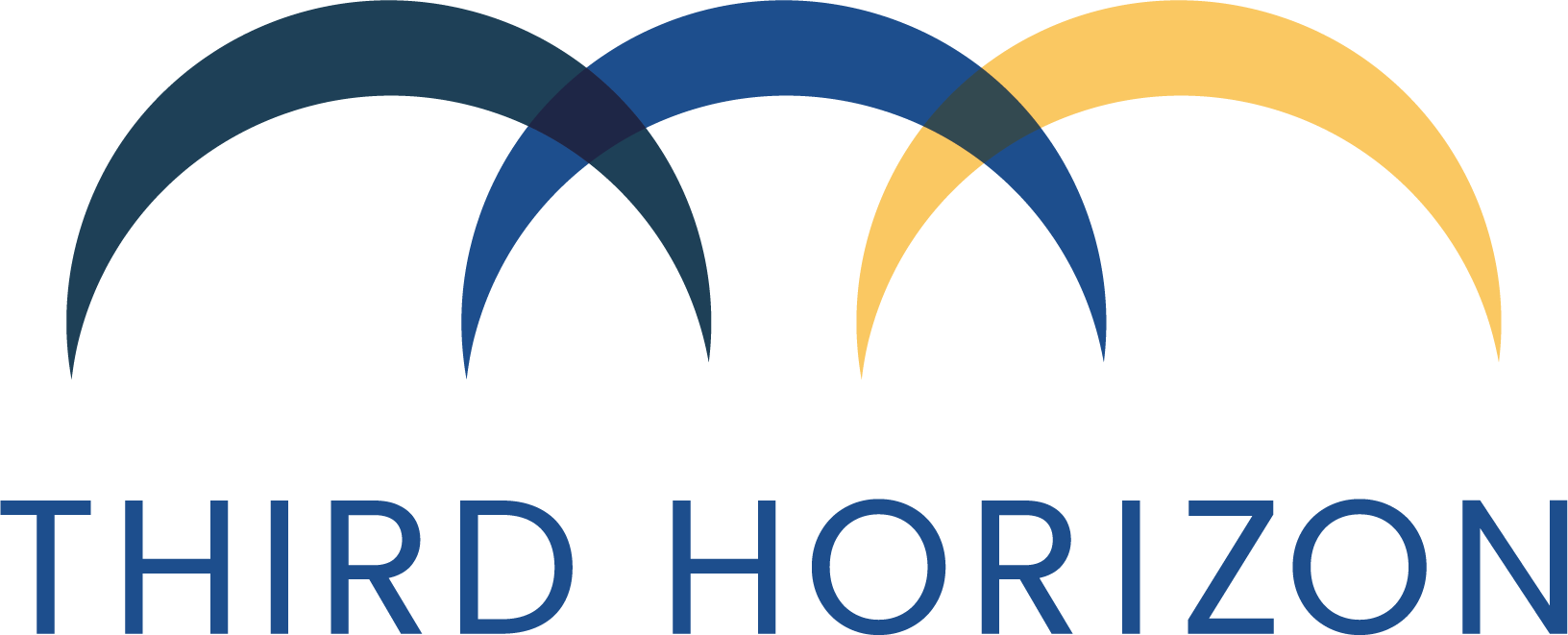- The Centers for Medicare & Medicaid Services (CMS) has released its proposed Medicare payment rates and policy updates under the Hospital Outpatient Prospective Payment System (OPPS) and Ambulatory Surgical Center (ASC) Payment System. In the proposed calendar year 2024 rule, set to be published in the Federal Registrar, CMS floated payment rates for hospitals that meet applicable requirements for quality reporting at 2.8 percent, reflecting a projected 3 percent hospital market basket increase reduced by 0.2 percentage points for a required productivity adjustment. Additionally, CMS proposed extending a productivity-adjusted hospital market basket update to ASC payment system rates for an additional two years due to pandemic interruptions on care services such as elective surgeries. (Articles here and here)
- CMS is recommending preexposure prophylaxis (PrEP) with oral or injectable antiretroviral therapy to people at risk of HIV without patient cost sharing. Additionally, CMS is proposing to cover the administration of injectable PrEP and up to seven individual counseling visits every 12 months that include HIV risk assessment, reduction, and medication adherence. The agency is also pitching coverage for HIV screening up to seven times annually and a single screening for hepatitis B virus, according to a press release. (Article here)
- Approximately 22 percent of gross Medicare Part D spending can be attributed to 10 top-selling prescription drugs, according to an analysis from KFF. The 10 drugs made up less than 1 percent of all covered drugs in 2021, and all were brand-name drugs, the study found. In 2021, Part D covered 3,500 prescription drugs, with total gross spending of $216 billion. Five of the drugs treat diabetes and have gained notoriety in recent months for helping people lose weight. Other drugs in the top 10 included Eliquis, a blood thinner that was the No. 1 selling drug in 2021, followed by Revlimid, a treatment for multiple myeloma, and Xarelto, another blood thinner. (Article here)
- Another congressional committee has advanced legislation aimed at bringing down prescription drug prices by imposing new rules on pharmacy benefit managers (PBMs). On Wednesday, the House Education and the Workforce Committee advanced four bills requiring new disclosures from PBMs, health insurance companies, and hospitals about health care costs. The panel unanimously approved the Transparency in Billing Act of 2023, while all but one member voted to approve the Transparency in Coverage Act of 2023, Health DATA Act of 2023, and Hidden Fee Disclosure Act of 2023. The bills seek to improve price transparency for prescription drugs and medical services. They would also mandate that PBMs and third-party administrators share compensation data with health plan fiduciaries and that fiduciaries receive cost and quality of care information about health plans. (Article here)
July 31, 2023
Payers | Tea Leaves
